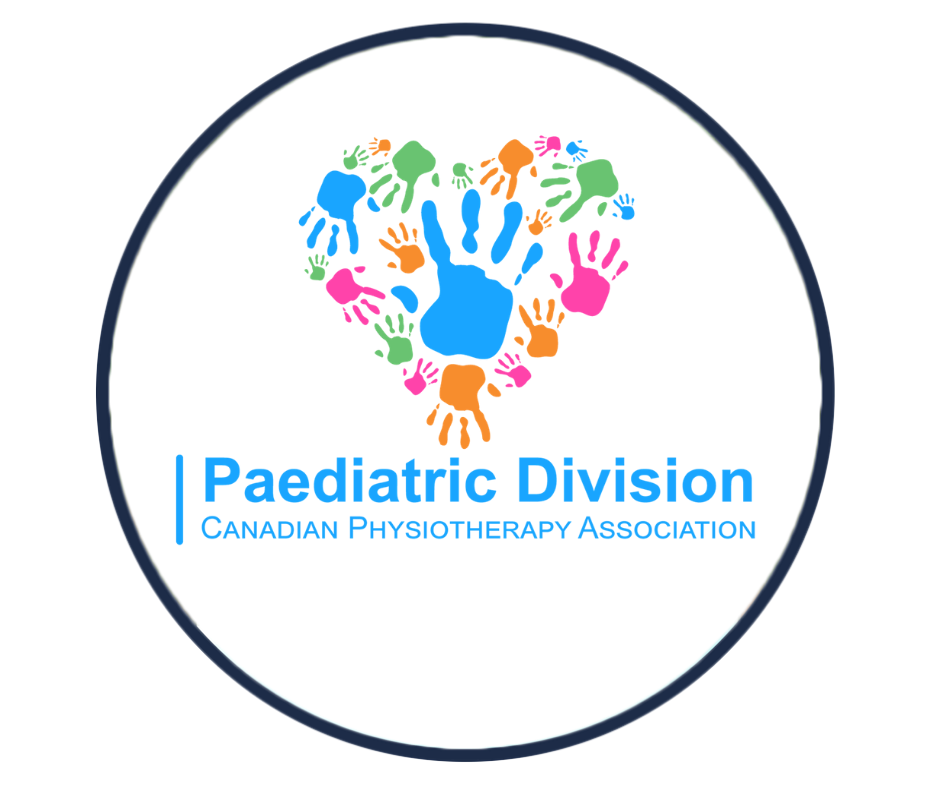Understanding the Connections Between Sensory Processing and Emotional Regulation

Understanding the Connections Between Sensory Processing and Emotional Regulation
1 hour
Background
This 1-hour presentation with Shelley Mannell will explore the basics of the connections between sensory processing and emotional regulation and how these impact postural control.
This webinar is sponsored by the Paediatric Division of the Canadian Physiotherapy Association (CPA). Please note: this webinar will not be recorded.
Learning Objectives:
On completion of the course, the participant will be able to:
- Discuss the typical development of emotional self regulation.
- Discuss how multiple channels of sensory processing contribute to emotional regulation.
- Identify the interconnections between anxiety, emotional regulation and postural control.
- Recognize 5 behavioral signs and 5 physical signs of the stress response.
- Identify the role of alignment in breath mechanics, sensory processing and emotional regulation.
Course Agenda:
- Typical development of emotional regulation
- Contribution of sensory systems to emotional regulation
- Sensory processing dysfunction and ANS balance
- Impact of regulation on learning
- Recognizing dysregulation
- Q & A with the presenter: Shelley Mannell
Speaker: Shelley Mannell, PT, BSc , BHSc
Shelley Mannell is a Physical Therapist with over 30 years experience serving babies, children, and adolescents across a spectrum of neurological and developmental disabilities. She integrates a broad range of clinical skills and research to provide innovative neurobiology-informed treatment of children with movement disorders. Shelley founded HeartSpace Physical Therapy for Children in order to support clients and families as they matured through the lifespan.
Shelley began teaching as a clinical faculty member in the Faculty of Rehabilitation Science at McMaster University and remains committed to improving the care for children through clinical research and education. Shelley is certified in both NDT and SI. She is also a children’s yoga and meditation facilitator and the co-creator of Dynamic Core for Kids, an evidence-based approach to central stability for children with motor and sensory challenges.
Shelley also provides mentoring to therapists world-wide through her blog and her online program. As a respected international speaker, Shelley discusses the dynamic systems nature of the development of postural control and its application to assessment and intervention for children with sensory and motor challenges.
Price:
- CPA Pediatric Members - FREE (The division will send you the information needed via email)
- CPA Members (Non-Pediatric Division Members) - $10
- Non-CPA Members - $25
CPA - Embodia Partnership Information
Here's a short video that outlines how to make the most of your CPA Membership on Embodia. The video outlines registering for a webinar, connecting your CPA account to Embodia, and getting CPA discounts on courses/webinars.
- Click here to login to the CPA website
- Once you’ve logged in, go to the tab at the top called 'Events & Education', then click on PD Marketplace
- Click on the link above the video that says 'Access the PD Marketplace Now!'
Please note: All pricing for CPA hosted webinars and courses, including all Division courses, is set by the CPA. If you have any questions about the pricing please contact the CPA at pd@physiotherapy.ca
The instructors

The Paediatric Division is a special interest group within the Canadian Physiotherapy Association. Our membership consists of clinicians from all practice settings, students, educators, researchers, physiotherapy assistants and administrators all of whom have a passion for promoting participation and enhancing the lives of children and their families. We are dedicated to provide resources and information for paediatric patients and their families to promote participation and function independence in all aspects of life.
Paediatric physiotherapists employ clinical expertise in the early detection of health problems, treatment, education and management of congenital, developmental, neuromuscular, skeletal, cardiorespiratory or acquired disorders/diseases. Paediatric physiotherapists work with children of all ages, from infants through young adulthood to promote participation and functional independence. Paediatric physiotherapists have a unique role in that they not only work with the child, but also their families in the context of their daily home, school and recreational environment.
Paediatric physiotherapists use validated outcome measures to assess the level of strength, flexibility, gross-, and fine-motor coordination and overall functional capabilities to determine participation limitations or restrictions as a result of injury, disease or disability.
Through analysis of objective assessment findings, the paediatric physiotherapist uses evidence-based treatment interventions specifically tailored to the client and their family's goals. Treatment interventions focus on improving gross and fine motor skills, balance and coordination, strength and endurance, as well as cognitive and sensory processing/integration.
